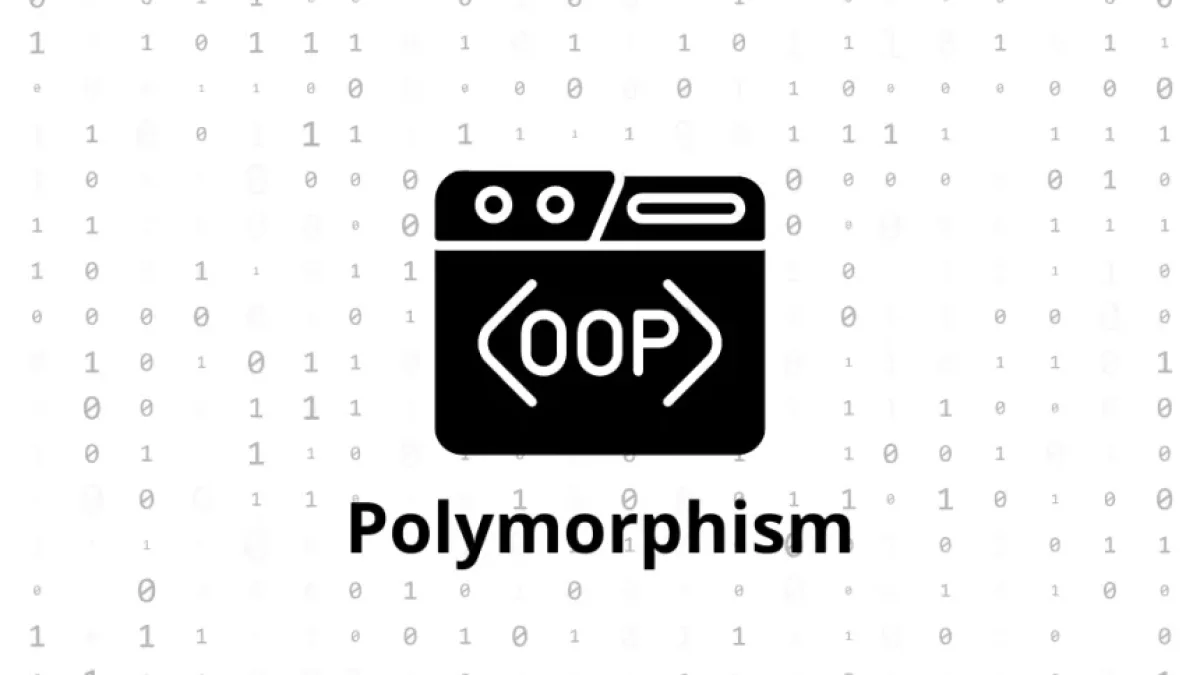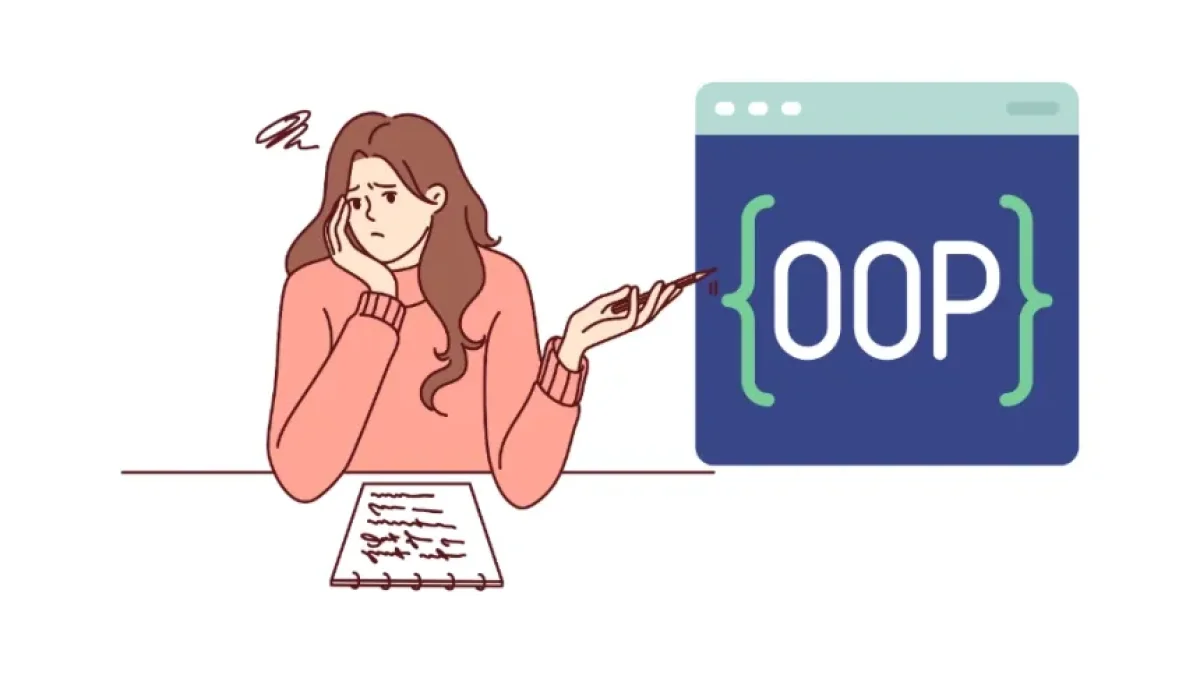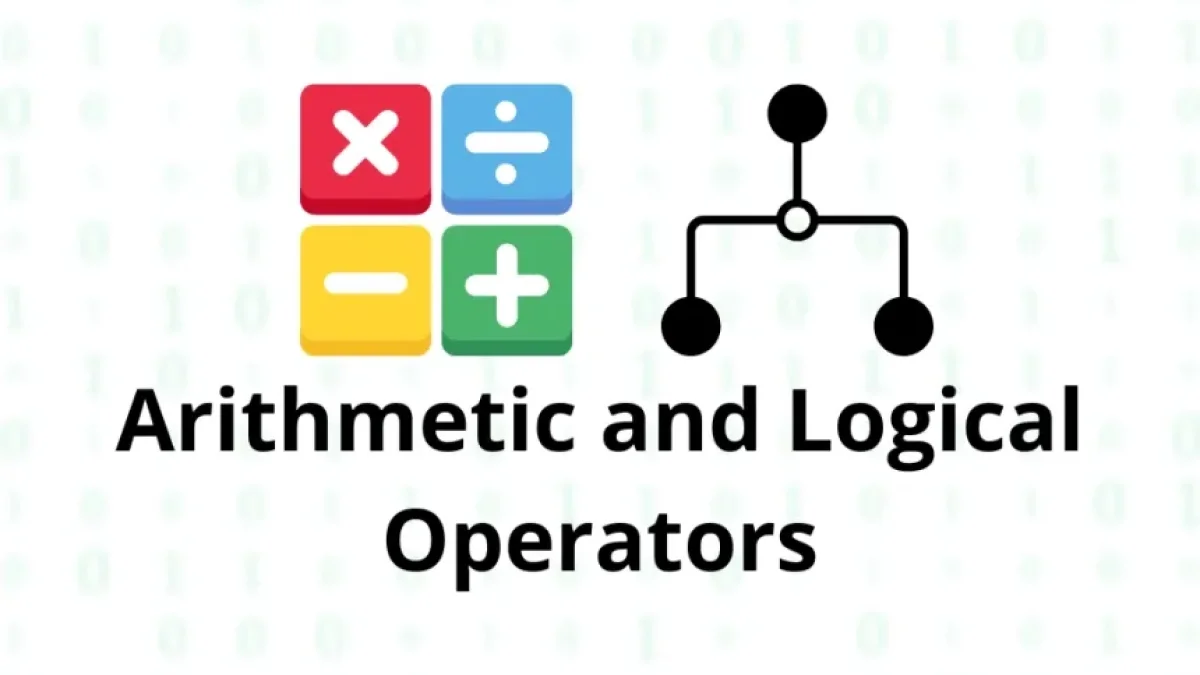What is Polymorphism in Object-Oriented Programming


Polymorphism is a fundamental concept in object-oriented programming (OOP) that allows entities to be treated as instances of their base type, even when they are of a derived type. This article explores polymorphism in depth, including its types, examples, and its significance in software development.
What is Polymorphism?
The term "polymorphism" comes from Greek and means "many forms." In the context of object-oriented programming, it refers to the ability of an object to take many forms through different method implementations. This allows programmers to use a method that can be executed in different ways, depending on the object that calls it.
Types of Polymorphism
Polymorphism in programming can be classified into two main types:
1. Compile-time Polymorphism (or Static Binding)
Compile-time polymorphism refers to a language's ability to resolve method calls at compile time. This type is primarily achieved through:
- Method Overloading: This involves creating several methods with the same name but different parameter lists. Depending on the argument passed to the method, the compiler determines which version of the method to execute.
class Example { void show(int a) { System.out.println("Number: " + a); } void show(String b) { System.out.println("Text: " + b); } }- Operator Overloading: Some languages allow redefining how operators work for user-defined objects.
2. Runtime Polymorphism (or Dynamic Binding)
Runtime polymorphism allows the program to decide which method will be executed during runtime rather than at compile time. This is achieved through:
- Inheritance: Classes can inherit from other classes and redefine methods. For example:
class Animal { void sound() { System.out.println("The animal makes a sound"); } } class Dog extends Animal { @Override void sound() { System.out.println("The dog barks"); } } class Cat extends Animal { @Override void sound() { System.out.println("The cat meows"); } } public class Main { public static void main(String[] args) { Animal myAnimal = new Dog(); myAnimal.sound(); // Output: "The dog barks" } }- Interfaces: They allow the implementation of methods in different classes, ensuring that the same method signature is used but with different behaviors, depending on the implementing class.
Examples of Polymorphism
Method Overloading in C++
In C++, we can observe compile-time polymorphism through method overloading.
class Calculator {
public:
int sum(int a, int b) {
return a + b;
}
double sum(double a, double b) {
return a + b;
}
};Runtime Polymorphism in Python
Python allows implementing runtime polymorphism very simply due to its support for dynamic programming:
class Shape:
def area(self):
pass
class Square(Shape):
def __init__(self, side):
self.side = side
def area(self):
return self.side * self.side
class Circle(Shape):
def __init__(self, radius):
self.radius = radius
def area(self):
return 3.14 * self.radius * self.radius
def calculate_area(shapes):
for shape in shapes:
print(shape.area())
shapes = [Square(4), Circle(3)]
calculate_area(shapes) # Output: 16 and 28.26Importance of Polymorphism
1. Flexibility and Maintenance
Polymorphism allows code to be more flexible. By using a base type, it is possible to add new derived types without affecting existing code. This facilitates software enhancement and maintenance.
2. Improved Readability
When using polymorphism, it is easier to understand the code, as the program's behavior relies on definitions in base classes, avoiding redundancy.
3. Reduction of Duplicated Code
By allowing different classes to have specific implementations of a method, the need to duplicate code is reduced. This saves time and resources in development.
Conclusion
Polymorphism is an essential pillar in object-oriented programming that enhances software flexibility, reusability, and maintainability. Through its implementation, developers can write cleaner, more efficient, and easier-to-maintain code. By understanding and applying polymorphism correctly, more robust and scalable applications can be built.



















